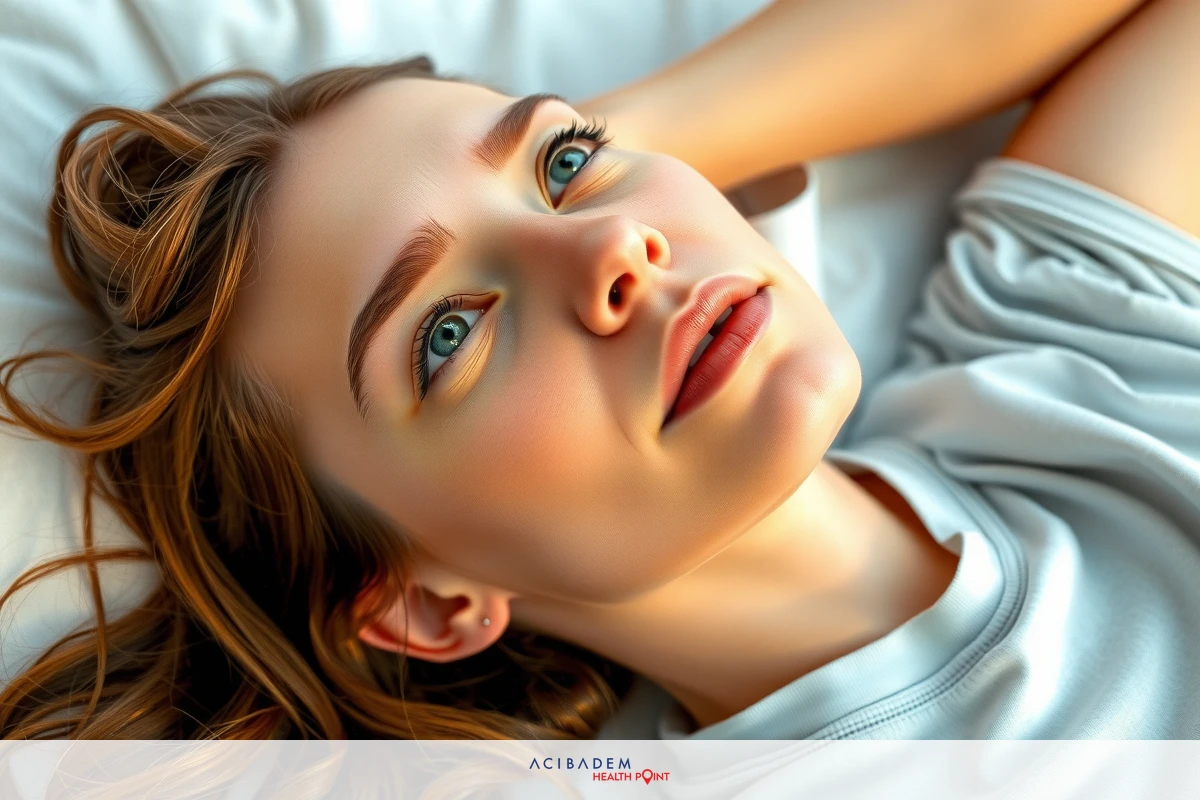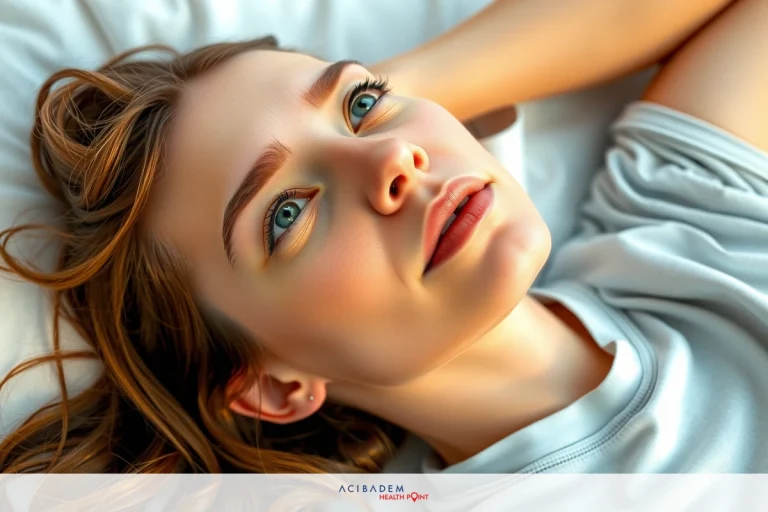When Does Facial Swelling Go Down After Rhinoplasty
When Does Facial Swelling Go Down After Rhinoplasty Rhinoplasty, can result in temporary facial swelling. This is a normal part of the healing process and it varies for each individual undergoing this cosmetic surgery. The timeframe during which facial swelling abates forms an integral part of patients’ recovery journey.
The timeline of facial swelling reduction post-rhinoplasty brings reassurance to patients navigating through their recovery period. Immediate post-operative periods may present noticeable puffiness but fear not, as this is expected! As we progress into the first week after surgery, changes start becoming evident – allaying fears and building confidence in one’s decision for undertaking rhinoplasty.
The long-term healing process unfolds gradually over several months with incremental improvements making headway every day. Being cognizant about these stages helps set realistic expectations and assists in managing anxiety that might arise due to visual changes right after the procedure.
Immediate Post-Operative Period
The immediate post-operative period following rhinoplasty is characterized by noticeable facial swelling. It’s important to remember that this is an anticipated part of the healing process and not a cause for alarm. Swelling occurs due to the body’s natural response to trauma – in this case, surgical alteration of nasal structures. Fluids accumulate in the tissues surrounding the operated area as the body initiates its recovery mechanisms.
Facial swelling, patients might experience bruising around their eyes and cheeks immediately after their surgery. This can give a slightly startling appearance but rest assured; these are temporary manifestations of your body’s defense mechanism at work! Cooling packs applied intermittently during this time can help soothe inflamed tissues and subside superficial puffiness.
Over-the-counter medications might be advised by your surgeon for managing any discomfort associated with swelling during this period. It’s critical though not excessively worrying about visual changes just yet; they morph significantly over forthcoming weeks! Elevating your head while lying down helps reduce fluid accumulation too, aiding faster resolution of facial swelling after rhinoplasty.
First Week of Recovery
As the first week post-rhinoplasty commences, patients will observe a gradual decrement in their facial swelling. Remaining patient during this time is key as the body continues its healing and recovery process. An important point to remember here is that everyone’s body heals at its own pace; hence, comparing one’s recovery timeline with others might lead to unnecessary stress.
During this initial phase of recovery, it’s common for patients to experience varying degrees of swelling throughout the day – mornings often start with reduced puffiness while evenings might see an uptick again. This fluctuation can be attributed to various factors including increased physical activity later in the day or dietary salt intake causing water retention.
The instinctive desire to scrutinize every minute change on your face during this period is natural but avoid getting fixated on temporary changes! The true results of rhinoplasty become more pronounced once the major portion of facial swelling resolves over subsequent weeks and months. Patience rewards generously when it comes to appreciating your renewed appearance after rhinoplasty!
Long-Term Healing Process
The long-term healing journey post-rhinoplasty extends over several months and is marked by gradual improvements in facial swelling. The initial bulk of puffiness typically subsides within the first two weeks, whereas

a smaller fraction might linger for an extended period before complete resolution. It’s during this phase that patients start appreciating the subtle enhancements brought about by their rhinoplasty procedure.
With each passing day, the changes become more noticeable as residual swelling continues to go down and underlying nasal structures settle into their new contours. One should remember that although the most significant part of recovery happens within the first month, minor aesthetic tweaks continue manifesting well beyond this timeframe! This can be attributed to skin tightening around revised cartilaginous and bony structures leading to refinement of nasal shape over subsequent months.
Patience thus remains your best ally throughout this exciting transformational journey after rhinoplasty! As you navigate through various stages of recovery, it’s essential not losing sight of why you decided on undergoing this procedure in the first place – enhancing self-confidence through improved facial aesthetics! Cherishing small victories along your healing process makes adapting to visual changes smoother and fosters a positive outlook towards embracing your renewed appearance.
When Does Facial Swelling Go Down After Rhinoplasty: Frequently Asked Questions
How long does it usually take for facial swelling to reduce post-rhinoplasty?
The majority of facial swelling typically subsides within the first two weeks after surgery. However, some minor puffiness may linger on and gradually resolve over several months.
Does everyone experience the same degree of facial swelling after rhinoplasty?
No, the extent of swelling varies from person to person based on individual healing responses. Factors such as surgical technique, individual health status, and adherence to post-operative care instructions can influence this aspect.
Are there any measures I can take to expedite the resolution of facial swelling?
Yes! Following your surgeon's instructions diligently helps optimize recovery outcomes. Measures like elevating your head while lying down or using cooling packs intermittently can assist in reducing puffiness quicker.
When will I be able to appreciate my final results after rhinoplasty?
While most significant changes become evident within a month following surgery, minor refinements continue appearing well beyond this timeframe due to skin tightening around revised nasal structures.











